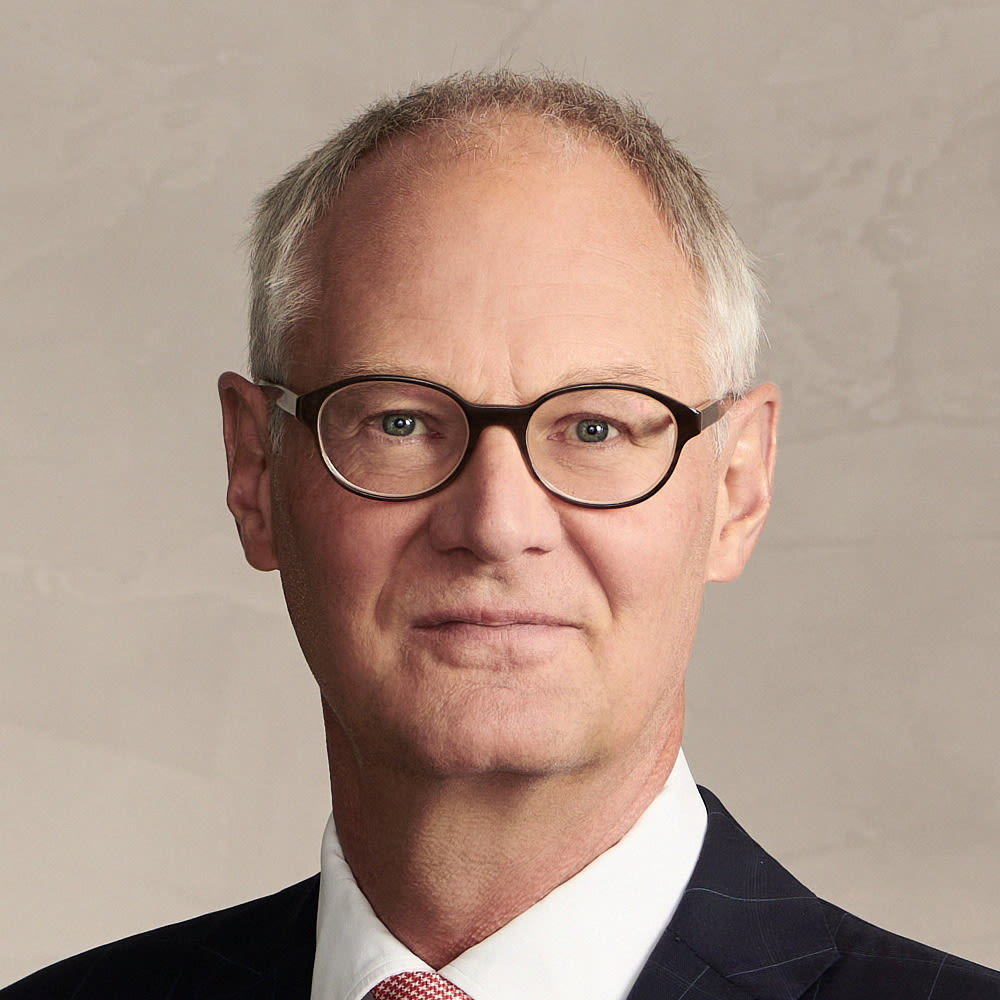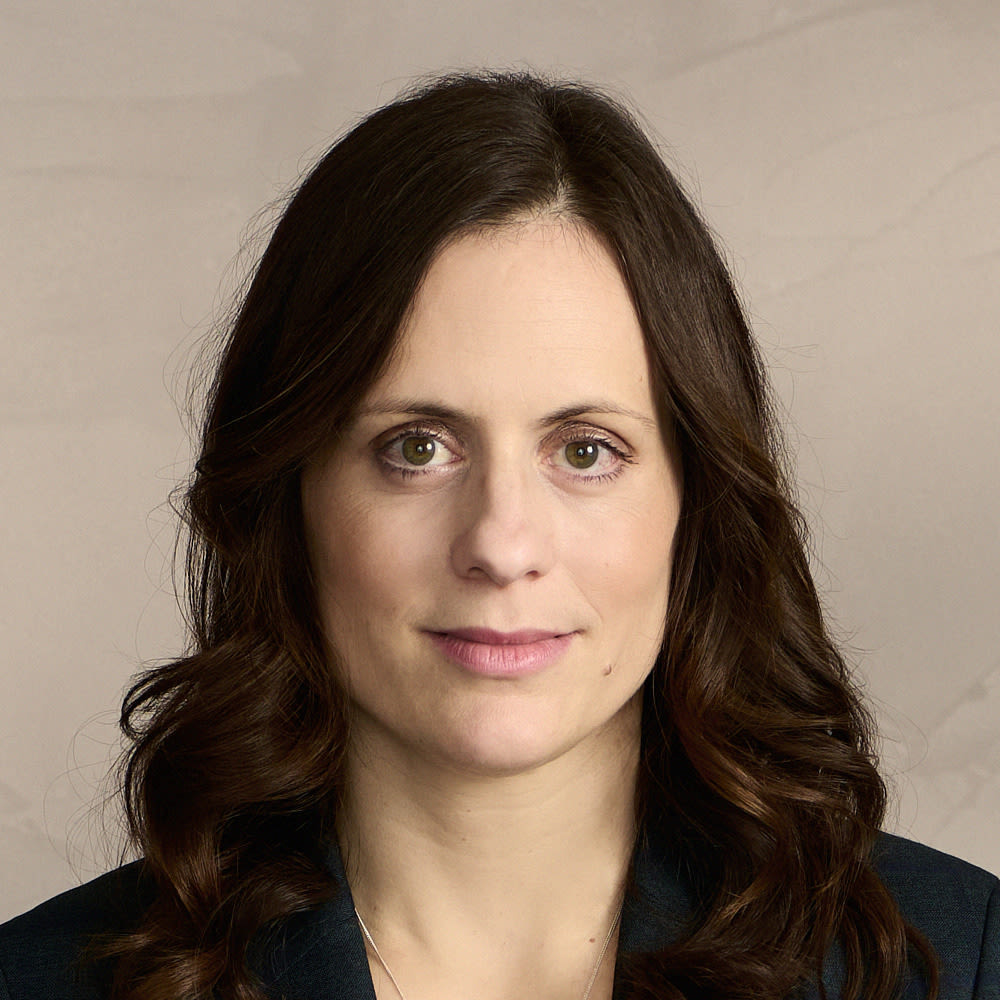Swiss Tax Reform - Passed by the People's referendum
Abstract
In a vote on May 19, 2019, the Swiss people adopted the Federal Act on Tax Reform and AHV Funding (STAF). With the STAF, the Federal Council has presented a new edition of the Corporate Tax Reform III (USR III) which had been rejected in the referendum of February 12, 2017. The STAF abolishes harmful tax privileges so that Switzerland can comply with the international standards of the OECD and G20.
The STAF provides for the abolition of the cantonal tax privileges to which Switzerland had committed itself to the EU and the OECD/G20. As a substitute measure, the STAF provides the compulsory introduction of a patent box regime by all cantons and the voluntary introduction by the cantons of increased tax deductions for research and development (R&D) expenses. It also provides for the possibility of tax-neutral revaluation of the hidden reserves (step-up) formed under the old tax regimes or before the move to Switzerland. In contrast to USR III, the deduction of interest on excessive equity (notional interest deduction) can only be introduced in a few cantons (including Zurich) and is limited to cantonal taxes. In return, a proportionality rule was introduced for the distribution of tax-free dividends from reserves from capital contributions (KER) and a higher taxation rate for dividends from qualified participations. In addition, the tax reform has been linked to a social compensation at the pension level: The employer’s and employee’s AHV contributions are increased by 0.15% each. General reductions in corporate income tax rates by the cantons are again not part of the bill. The cantons can decide on this on their own authority. However, in order to give the cantons more fiscal leeway in this respect, the bill provides for an increase in the cantons› share of the revenue from the federal income tax. Certain cantons (e.g. the canton of Vaud, where the standard corporate income tax rate (incl. federal income tax) will be reduced from 22.1% to 14%) have already implemented a substantial reduction in the ordinary tax rates even before the STAF comes into force.
Abolition of cantonal tax statuses
The STAF will abolish the legal basis for cantonal tax privileges for holding, domicile and mixed companies as of January 1, 2020. It provides for a five-year transitional period during which the realisation of hidden reserves created during the tax privilege is taxed separately (special rate model). Alternatively, the hidden reserves of a company subject to privileged taxation can be disclosed in a tax-neutral manner before the new regulations come into force within the scope of abandoning the tax status and depreciated over the following years in a tax-effective manner (so-called step-up under old law). In addition, the Swiss Federal Tax Administration (FTA) is expected to abolish the regulations for the principal companies and finance branches as of January 1, 2020.
Cantonal tax rate reductions
The reduction of cantonal corporate income tax rates is not directly the subject of the STAF. Most cantons, which do not already have a very low tax rate, provide for such tax rate reductions. The cantons have developed different strategies depending on the initial situation (see the overview on the last page): cantons such as Basel-Stadt or Geneva are likely to reduce their tax rates substantially in general (or have already done so, such as the canton of Vaud). Other cantons, such as Zurich, intend to reduce the tax rate only to a relatively small extent and to make full use of the possibilities offered by substitute measures in the STAF. With the increase in the share of the revenue from the federal income tax and the change in the inter-cantonal financial equalisation, the cantons will have the necessary leeway to implement such tax rate reductions in a more or less revenue-neutral manner. The most important part of the reform by far is the reduction of cantonal corporate income taxes, which will be made possible by this part of the STAF and the adjustment of inter-cantonal financial equalisation.
Notional interest deduction
Within the framework of the STAF, the cantons can introduce an interest-adjusted corporate income tax and thus, on a voluntary basis, a substitute measure for the privileged taxation of finance branches and finance companies. However, this right to deduct a notional interest on above-average equity is only granted to so-called «high-tax cantons», in that its introduction presupposes that the cantonal and municipal cumulative tax rate must be at least 13.5%. The bill presented by the cantonal Government of Zurich envisages the introduction of such a notional interest deduction.
Patent box
The STAF is intended to introduce a compulsory patent box for the cantons. With this patent box, the net profit attributable to patents and similar rights is taxed (on request) at a reduction of up to 90%. In fact, the proposal of the Canton of Zurich provides for a reduction of the maximum permissible 90%. At the federal level, these profits are taxed without reduction. The patent box meets the requirements set by the OECD/G20 (so-called «modified Nexus approach»). The modified Nexus approach allows income from qualifying rights to be taxed on a preferential basis only up to a maximum of the ratio of the R&D (research and development) expense attributable to the company to the total R&D expenses. Allocable R&D expenses include expenses for internally performed R&D in Switzerland, expenses for R&D performed by third parties and expenses for R&D performed by group companies in Switzerland.
Additional R&D deductions
With the STAF, the cantons are authorised to provide for an additional deduction from the taxable income at cantonal level for expenses for R&D carried out in Switzerland. This additional deduction may not exceed 50% of the eligible R&D expenses. The proposal of the Canton of Zurich exhausts this maximum amount of 50%.
Relief limitation
The cantons are required to introduce a relief limitation which stipulates that a company must always pay tax on at least 30% of its taxable profit before applying the special regimes (patent box, additional R&D deductions) and that no losses must result from the application of the special regulations. The Canton of Zurich would like to exploit this maximum reduction of 70%.
Equity tax relief
Privileged companies currently pay equity tax only at a reduced tax rate. Within the framework of the STAF, the cantons will be able to take appropriate alternative measures to maintain their local attractiveness. The Canton of Zurich intends to introduce a 90% deduction on equity attributable to investments, loans to subsidiaries and patents.
Realisation of hidden reserves
In future, it will be possible to uncover hidden reserves before moving to Switzerland in a tax-neutral manner and to write them off in subsequent years for tax purposes. This creates a symmetry for the exit from Switzerland, in which the hidden reserves are also taxed. The hidden reserves are not disclosed in the tax balance sheet, but are determined by order of the tax administration. Alternatively, these hidden reserves can be taxed at a special rate.
Introduction of a 50:50 distribution rule for reserves from capital contributions
Under applicable law, dividends paid from reserves from capital contributions (KER) are not subject to withholding tax or income tax for private individuals resident in Switzerland. From January 1, 2020, tax-free dividends from KER of a company listed in Switzerland will only be permitted if taxable dividends from other reserves are paid to the same extent, provided that the company has such other reserves (proportionality rule). When repurchasing own shares via the 2nd trading line, half of the shares must in future be booked against KER. However, this proportionality rule does not apply if KER arose from the transfer of assets from abroad after February 24, 2008 or if the company has relocated its registered office to Switzerland. This rule does not apply to companies that are not listed on a Swiss stock exchange.
Increase of dividend taxation
Dividend taxation for individuals with qualifying participations is increased to 70% at federal level and must amount to at least 50% at cantonal level. So far, such dividends have been taxed at the federal level at 60% and in most cantons at 50% (certain cantons, such as the canton of Aargau, even only at 40%).
Transposition
In future, sales of shares to a company in which the transferring individual holds at least 50% of the shares will be taxed to the extent that the consideration received exceeds the sum of the nominal value and the reserves from capital contributions. This also applies if several individuals carry out the transfer together and together meet the 50% limit. A tax-free private capital gain is therefore no longer possible in comparison with the current rule in case of sales of less than 5% to self-controlled companies.
Timing for implementation and conclusion
The Federal Council is expected to bring the STAF into force on January 1, 2020 and it will also be directly applicable to the cantons. The cantons will have time to adapt their tax laws to the changed conditions and, in particular, to decide on reduction of tax rates. Tax privileges will therefore probably be abolished from January 1, 2020.
If you have any queries related to this Bulletin, please refer to your contact at Homburger or to:
Legal Note
This Bulletin expresses general views of the authors as of the date of this Bulletin, without considering any particular fact pattern or circumstances. It does not constitute legal advice. Any liability for the accuracy, correctness, completeness or fairness of the contents of this Bulletin is explicitly excluded.



